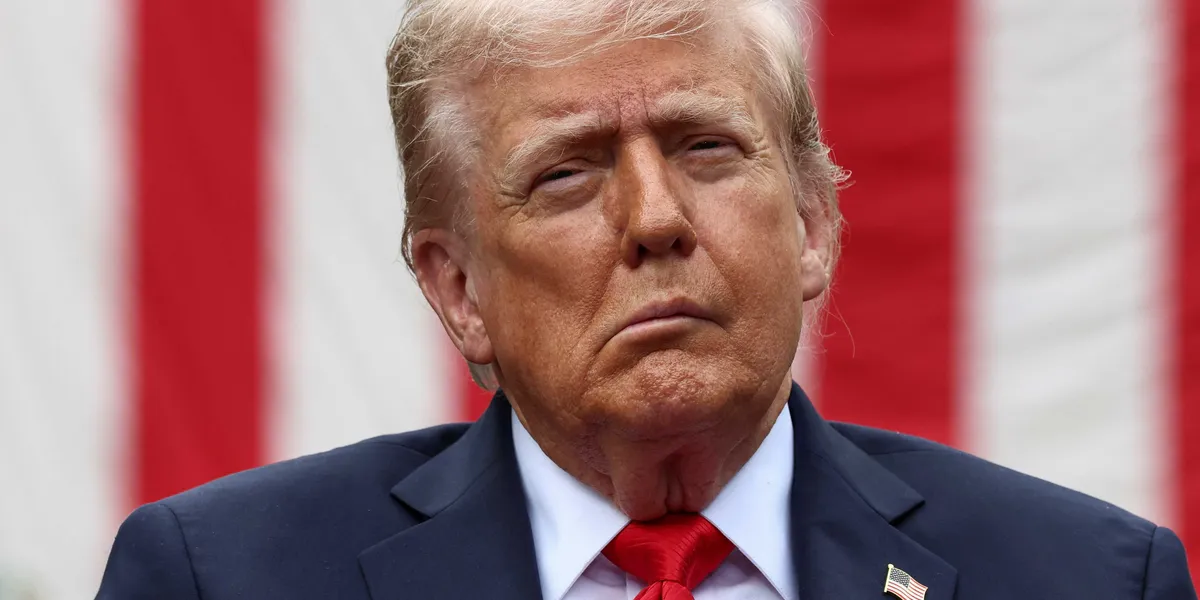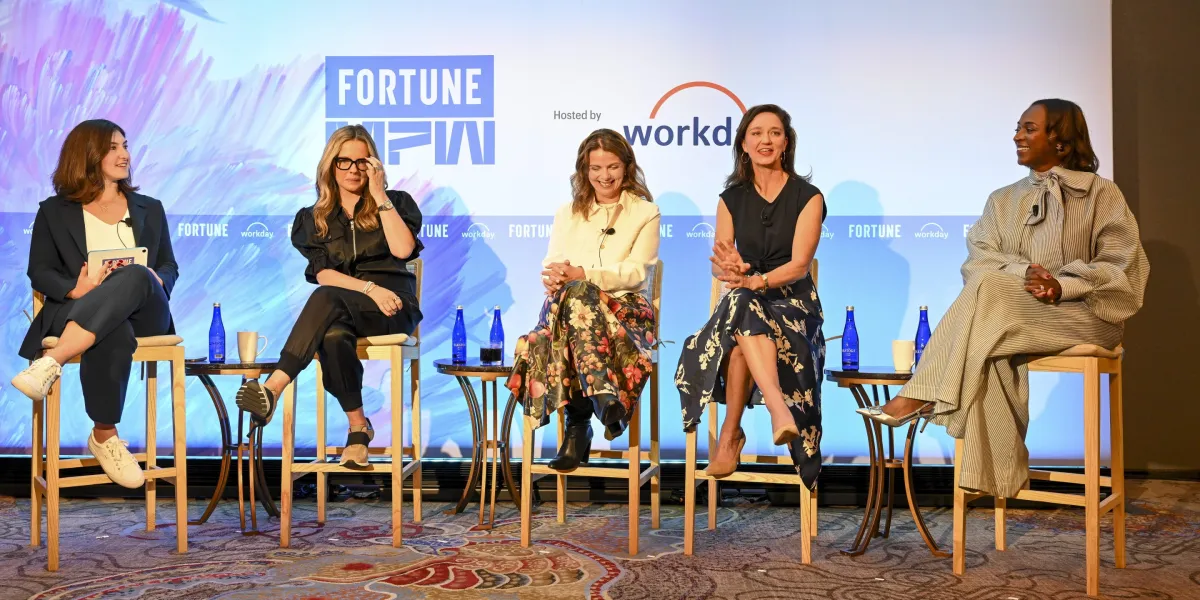Copyright alternet

In an article for The Bulwark published Tuesday, Joe Perticone, the outlet's national political reporter, argued that President Donald Trump has perfected a system by which corrupt politicians and other criminals win clemency: unwavering loyalty and public praise of him. Perticone began by noting Trump’s track record of granting pardons or commutations disproportionately to indicted or convicted politicians who remained ardent supporters — men who, even from behind bars, continued to sing his praises. On Sunday, Jan. 6 rioter Christopher Moynihan, who was pardoned by Trump in January, was arrested and now faces a felony charge of making a terroristic threat against House Minority Leader Hakeem Jeffries (D-.N.Y.). Perticone cited Moynihan's case as one example in which excessive flattery may result in dodging criminal accountability. In his Tuesday article, Perticone focused on the case of disgraced and expelled former Rep. George Santos (R-N.Y.), whose sentence Trump commuted last week. Santos immediately lauded Trump in media appearances, thanking him for “such an amazing will for second chances.” Under Trump’s first term, he pardoned or commuted sentences for numerous former Republican House members and governors; in his second, he has already extended clemency to Republicans like John Rowland and Michael Grimm, among others. What all of them share, Perticone noted, is political fealty. He then probed the tacit assumptions among Republicans that such pardons are simply an exercise of constitutional authority, beyond moral scrutiny. According to the article, Sen. Chuck Grassley (R-Iowa) declined to express concerns about ethics, framing the matter as purely legal. Meanwhile, Rep. Nick LaLota (R-N.Y.), one of Santos’s critics, dismissed Santos as a “distraction” rather than a threat to accountability. Perticone drew attention to how individuals seeking pardons now treat obeisance to Trump as a strategic necessity. He noted that even those who did not flatter him before incarceration have pivoted to effusive MAGA advocacy while in prison or awaiting trials. He points to examples such as former Sen. Bob Menendez (D-N.J.), who cast himself as a victim of a vengeful justice system and aligned rhetorically with Trump, and Louisiana rapper Boosie BadAzz (formerly Lil Boosie), who hired Trump boosters to lobby for his pardon. Perticone used the phrase “clemency‑advocacy business" to describe how paid operatives dedicated to securing pardons serves as proof that the formula is being recognized and monetized. He further argued that while the pardon power is constitutionally broad, the way Trump deploys it is corrosive to the rule of law. The Bulwark writer cited Democratic critiques warning that sweeping clemencies for political allies amount to undermining justice, privileging loyalty over accountability. “Right now we have to see how this is playing into the destruction of the rule of law. I think this has made it clear that pardon power is too big and too broad and [does] not [have] enough checks," Sen. Chris Murphy (D-Conn.) told the reporter.



